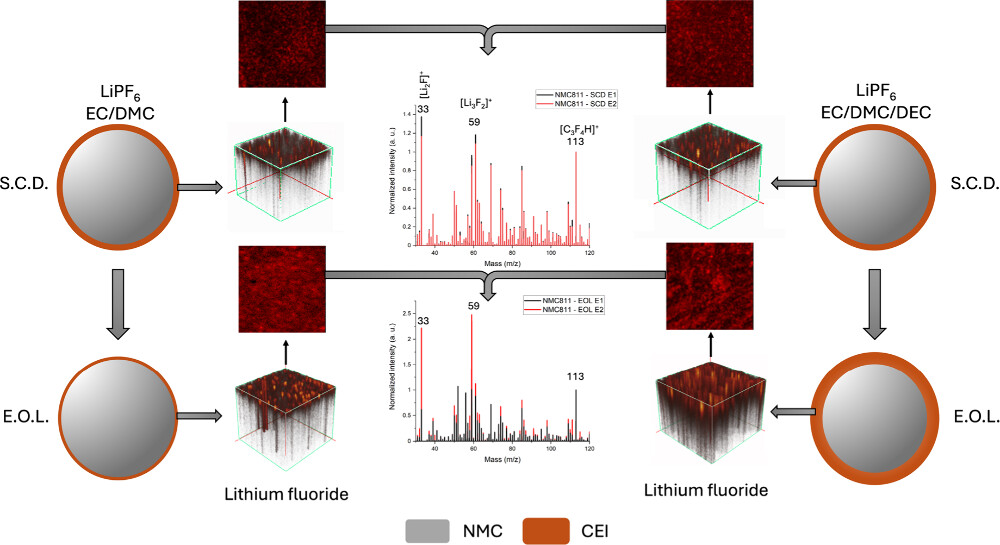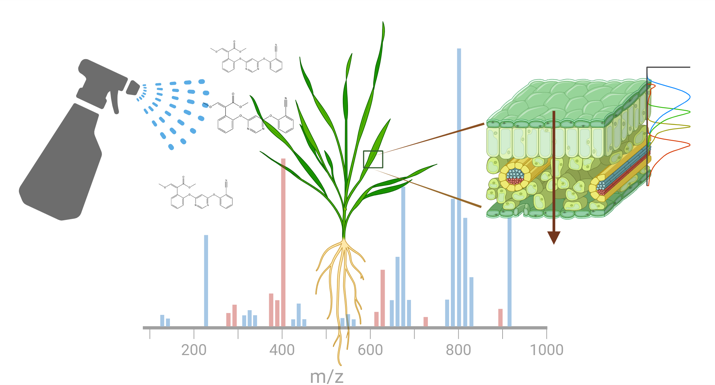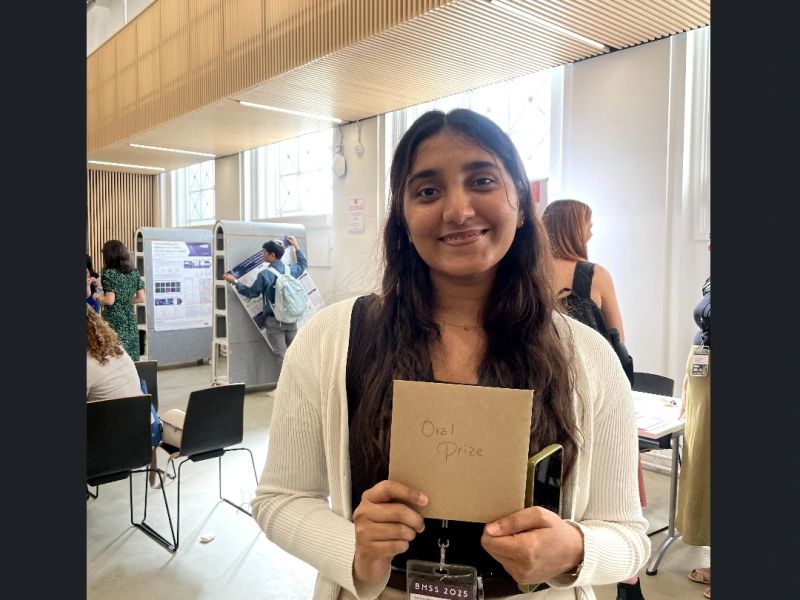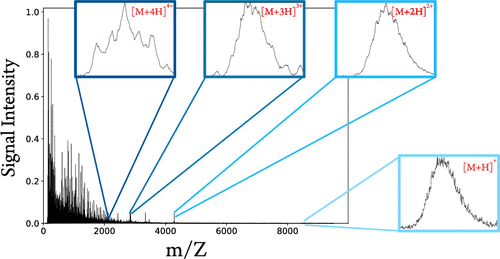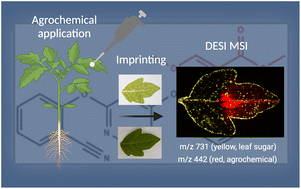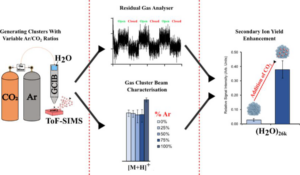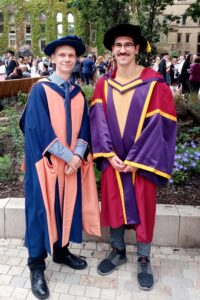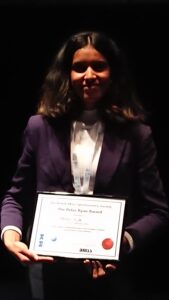Another publication led by Abdul, resulting from his PhD work on the degradation of lithium ion battery electrodes exposed to different electroytes and charge/discharge cycles.
Characterization of Chemical Degradation in Lithium-Ion Batteries Using Secondary Ion Mass Spectrometry (SIMS) and Hard X-ray Photoelectron Spectroscopy (HAXPES).
Abdulrhman H. Alsaedi, Ben F. Spencer, Sadia Sheraz, Alex S. Walton & Nicholas P. Lockyer. ACS Omega 2025, 10, 47, 57607–57622. https://doi.org/10.1021/acsomega.5c08521
